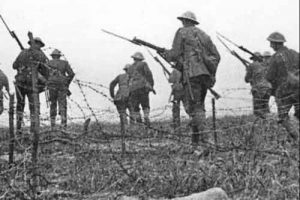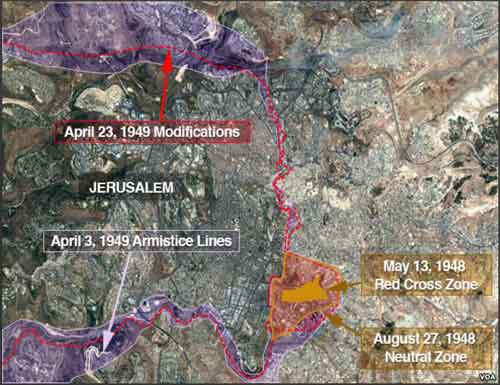
A hundred years after the end of the “war to end all wars,” USC experts discuss its surprising impact and how it affects us even today
One hundred years ago Sunday, the Allies and Germany agreed to an armistice ending World War I. The Great War claimed 40 million lives — but also serves as an unexpected pivot point for modern civilization.
“World War I is an amazingly important and underappreciated moment in history,” said Nicholas J. Cull, historian in the USC Annenberg School for Communication and Journalism.
“The war ended when people were able to articulate a vision of the future, an optimism about how things were going to be better with nations working together.”
The war also rewrote the world map. Russia quit the war as domestic unrest triggered the Bolshevik revolution, rise of Communism and the Cold War. The Middle East changed with the defeat of Turkey and Britain’s pledge for a Jewish state in Palestine. The Western powers, fatigued by war, yielded to isolationism and appeasement as the Third Reich emerged, triggering World War II and the Holocaust.
[content id=”79272″]
Impact of World War I on medical care
Another thing forever changed by the war: medicine.
“Prior to WWI, most of the medicine practiced around the world was fairly archaic,” said Carl Chudnofsky, chair and professor of clinical emergency medicine at the Keck School of Medicine of USC.
The best physicians and researchers were in the military … so that led to great discoveries that made a huge difference for public health.
Carl Chudnofsky
“But WWI was a time when the best physicians and researchers were in the military, not in civilian life, caring for patients, so that led to great discoveries that made a huge difference for public health.”
Chudnofsky points out that disease awareness and prevention leaped forward during WWI, first to heal soldiers and later for civilians. Medical advances included screening for tuberculosis, treatment for tetanus, vaccines for typhoid, prevention of venereal disease and disinfection for surgery.
Triage for medical attention emerged from the trenches of WWI to become a fixture in battlefields and other disasters. And mobile field hospitals and medical trains were innovations that helped evacuate casualties and save thousands of lives — techniques now common on battlefields.
Impact of World War I, the ‘war to end all wars’
And although World War I was called the “war to end all wars,” the U.S. has been at war somewhere around the world almost ever since. Michael Messner, professor of sociology at theUSC Dornsife College of Letters, Arts and Sciences, said that’s because war and militarism are ingrained in American DNA.
“It’s part of our national identity, the old ideas of expansionism, white man’s burden and Manifest Destiny in the previous century,” he said. “We idealize war and military.”
Source: USC News








